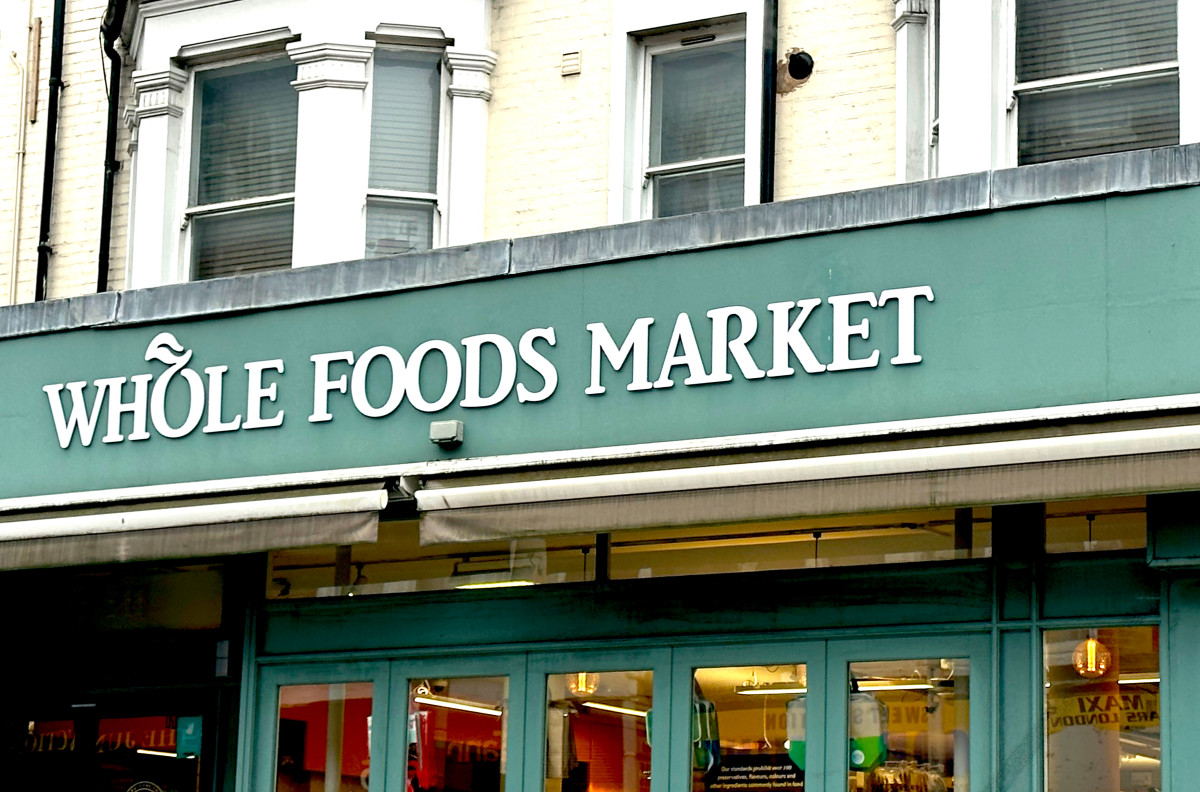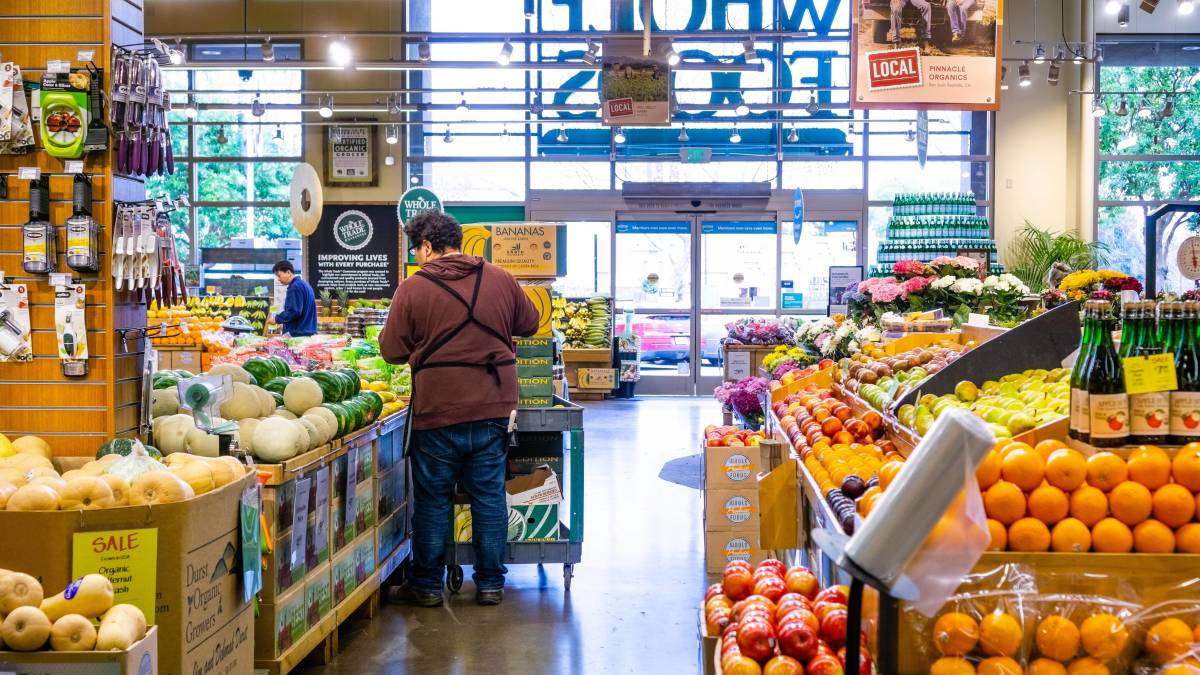
These days, an ordinary trip to the grocery store is anything but ordinary.
Consolidation, disruption, and new ways to shop — no matter where you do it — have made a weekly trip to the grocery store more of a mental exercise akin to a crossword puzzle or sudoku than a typical errand.
Related: Popular grocery chain closing over 30 stores
Thanks to rising food prices, most customers are now met with the challenge of having to scrutinize almost every price tag, constantly weighing whether $6.99 for a dozen eggs is really worth it.
CPI data show food costs rising
The most recent Consumer Price Index numbers are in for June, and they show that the cost of food overall, food at home, and food away from home (dining out, for example) rose across the board.
Here's a look at how some prices have changed month over month:
- Food: increase 0.2%
- Food at home: increase 0.1%
- Food away from home: increase 0.4%
- Energy: decrease 2%
- New vehicles: decrease 0.2%
- Used vehicles: decrease 1.5%
- Apparel: increase 0.1%
- Medical care service: increase 0.2%
But price hikes are just one change customers have had to contend with in recent years.

Sundry Photography/Shutterstock
Grocery stores in the U.S. are changing
Pause to consider something as simple as your local grocery store's parking lot. Chances are, it now has more than a few newly reserved parking spaces for drive-up orders, where customers who put in their grocery orders ahead of time (and often pay first, too) are given priority parking.
More Retail:
- Ulta CEO sounds the alarm on a growing problem
- Lululemon releases a first-of-its-kind product
- Target store introduces a new 'over 18' policy
- Amazon launches genius new subscription product
Often, they aren't even required to get out of their car. Instead, they're met by employees who will happily load their groceries into their trunk and send them on their way without them even needing to set foot inside.
Maybe you've even noticed your most bare-bones grocery store is now offering trendy health foods, like kombucha, more organic produce, or grass-fed meat.
Or, if you've ventured into one of the more prolific health food grocery stores, you've probably felt a mixed sense of confusion and curiosity.
Related: Struggling retail giant launching major new brand
Marketplaces like Sprouts, Trader Joe's, Wegman's, and Whole Foods have loyal customers willing to pay a little extra to get quality food with organic, humane, and healthier ingredients they can trust.
Perhaps no store does it better than Whole Foods, however. The Amazon-owned grocery giant prides itself not just on its healthier alternatives to large corporate brands but also on the fact that it outspokenly defies mainstream norms typically found in grocery store center aisles.
For example, Whole Foods bans over 260 ingredients that it deems harmful or unhelpful, including:
- Hydrogenated fats
- High-fructose corn syrup
- Aspartame
- Sucralose
- Saccharin
- Bleached flour
- FD&C Yellow dye No. 6
- Many preservatives
- Synthetic smoke flavor
- Shark cartilage
- Tonka bean/extract
- Sodium lauryl sulfate
- Brominated vegetable oil
Whole Foods embarks on a new mission
While Whole Foods has always been outspoken about the ingredients and foods it sources, it's been equally as loud about its sustainability and environmental initiatives.
And now, the Amazon (AMZN) -owned grocer is partnering with Too Good to Go, a company that helps reduce food waste by helping businesses sell their nearly-expired goods.
"Since its inception, Too Good To Go’s model has been to reduce food waste by partnering with retailers, restaurants, and cafes like 7-Eleven, Starbucks and more to give shoppers access to surplus items listed daily on the app," Modern Retail writes.
Whole Foods is the latest to partner with the growing Denmark-based company, folding it into 450 stores across the United States by offering customers access to "surprise bags," via the Too Good to Go app.
Whole Foods will offer two tiers of bags:
- Prepared foods, $9.99: Soups, ready-made meals, salads, and proteins (retail value of $30)
- Bakery foods, $6.99: Breads, cookies, muffins, scones (retail value of $21)
Whole Foods says this new initiative is a great way for customers to save money and reduce food waste. Other food that isn't purchased will be donated or composted (Whole Foods says it donated approximately 34 million pounds of food to food banks and other philanthropic organizations in 2023).
Customers can begin participating in the Too Good to Go program on July 17.
Related: Veteran fund manager picks favorite stocks for 2024







